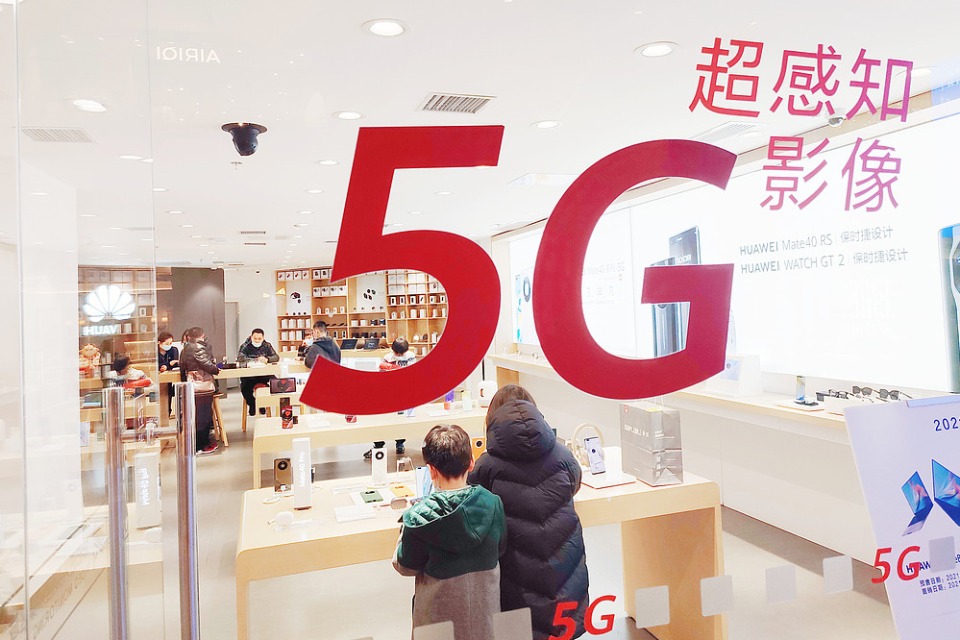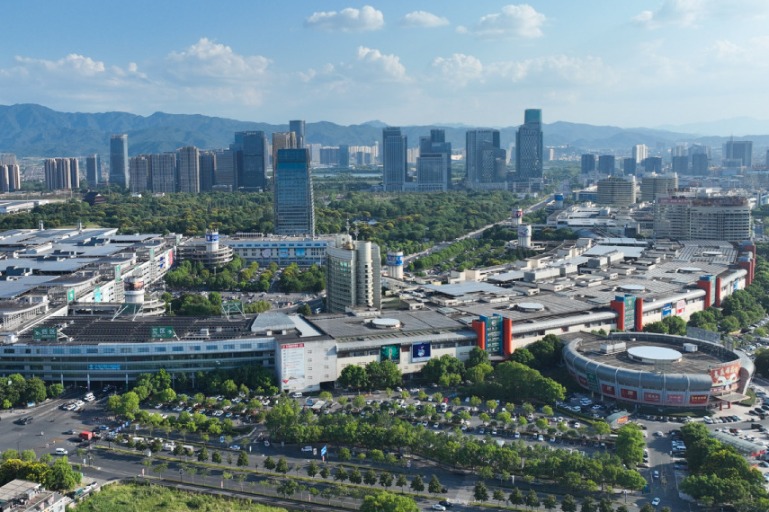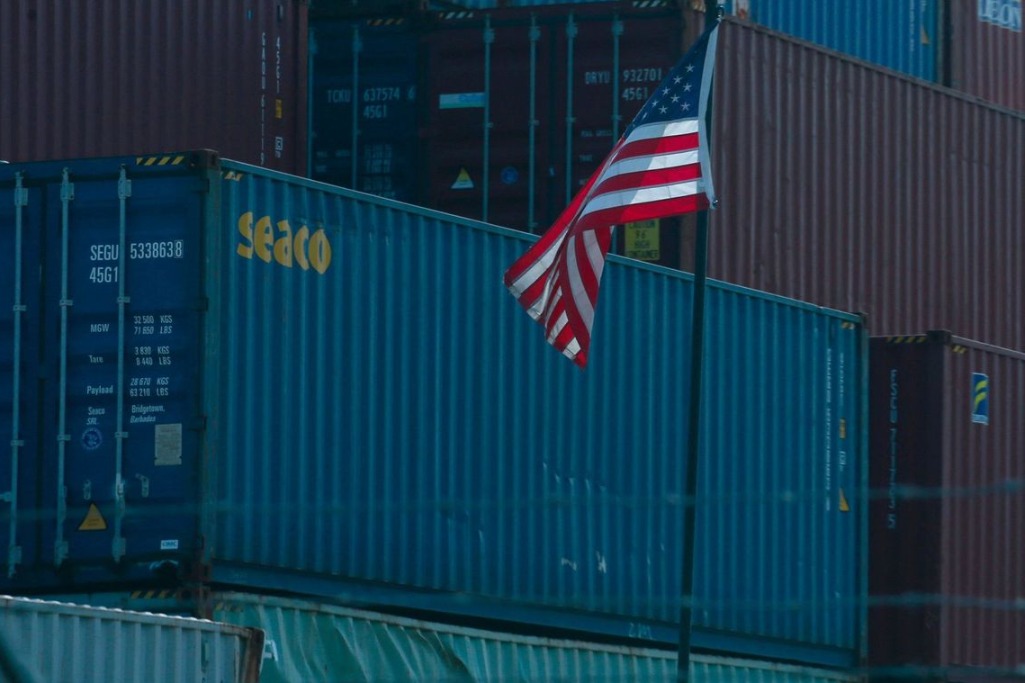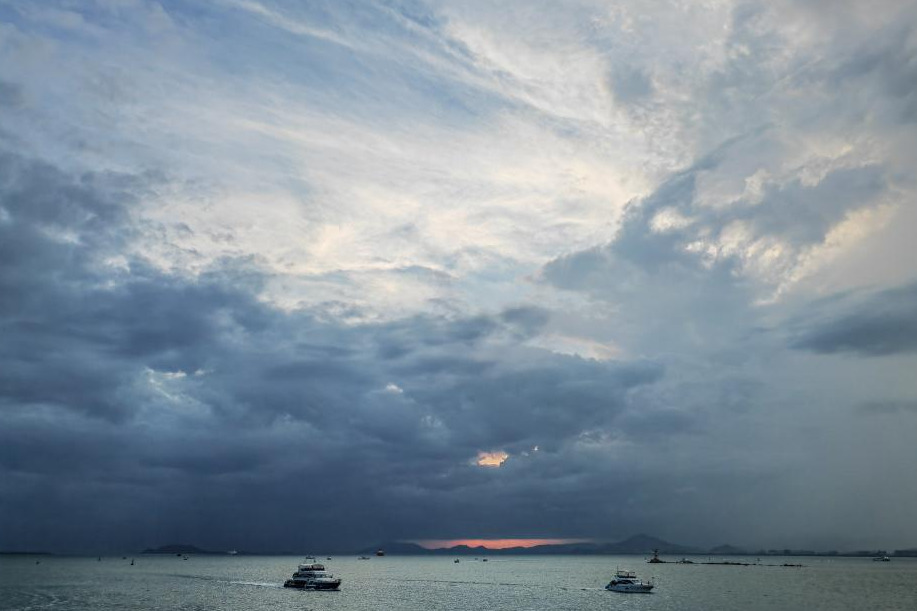The importance of people-to-people contact in improving international relations and understanding

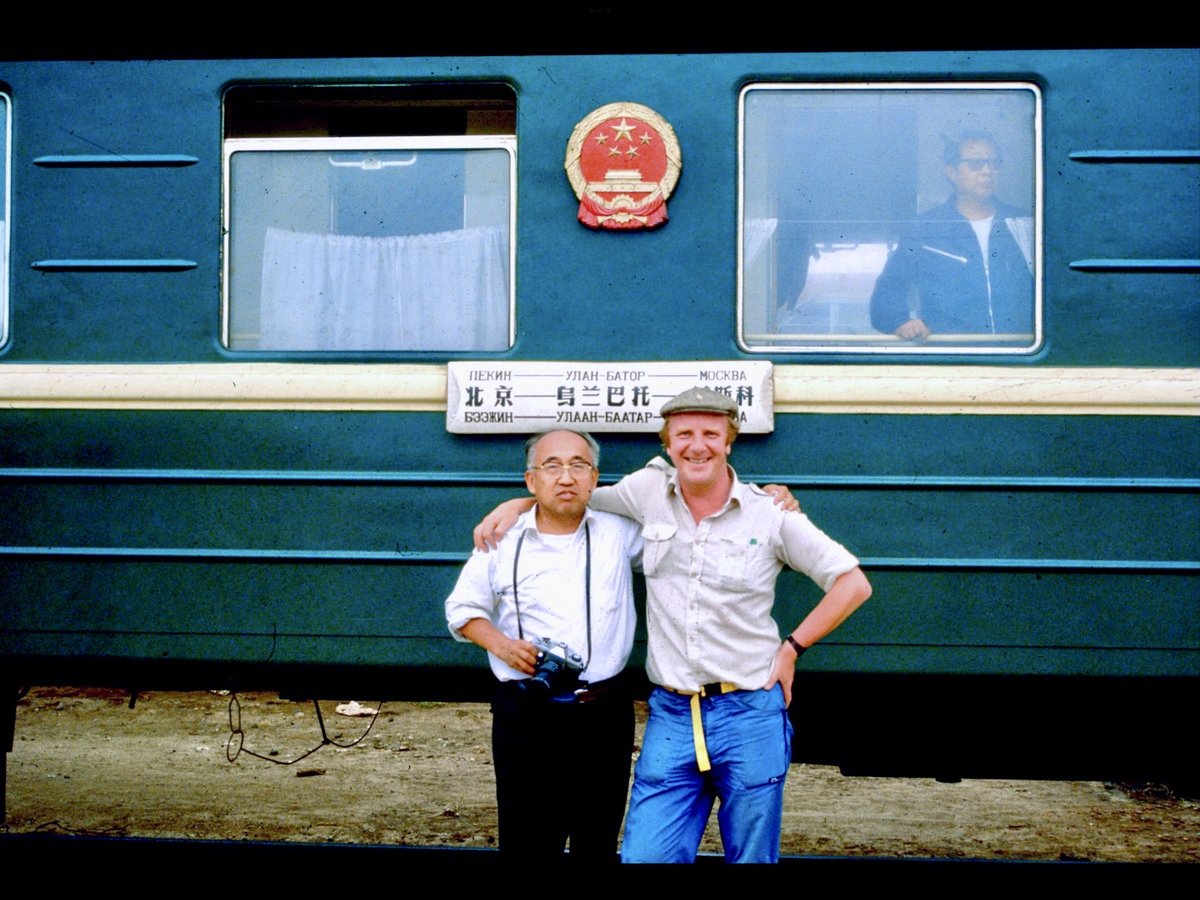
I first visited China 37 years ago, in 1987. At that time, I had minimal knowledge of the country, for it did not feature within my educational curriculum. I was departing from Scotland on a journey literally into the unknown. The route would carry me by railway across Europe and northern Asia, finally reaching Hong Kong. I knew something of the latter's background, due to its status then as a British colony, although little of its historic background.
Returning home, I was interviewed on BBC Radio Scotland about my experiences. "What were some definitive moments?" I replied without hesitation, "Meeting Russian, Mongolian and Chinese people!" For me, it proved an opportunity for people-to-people contact, discovering we had more in common than differences. There were similar aspirations, though some who I met had a deeper knowledge of my country than I had of theirs! Traversing such a global journey revealed the world's vastness, yet the ability to learn from each other was there. Looking back, I feel that achieving sustained relationships between, for example, my British homeland and China, requires steady, consistent engagement as opposed to a few transient moments. Due to its complexity and diversity, understanding China, both in general and its history, can take a long time. A visit, for example, only to Shanghai, provides a somewhat limited insight toward gaining a deeper perspective of China. It is indeed beneficial to reach parts of the country off the so-called beaten track. There, the scene and challenges are strikingly different from more affluent eastern coastal areas.
During that initial journey, I experienced sincere friendship. Crossing into China, a fellow passenger, returning home to Beijing, shook my hand vigorously with the words, "Welcome to China". Arriving at Beijing Railway Station, a notice above the platform proclaimed "Welcome to Beijing". Appropriately I would stay at the Friendship Hotel, within suburban Haidian district.
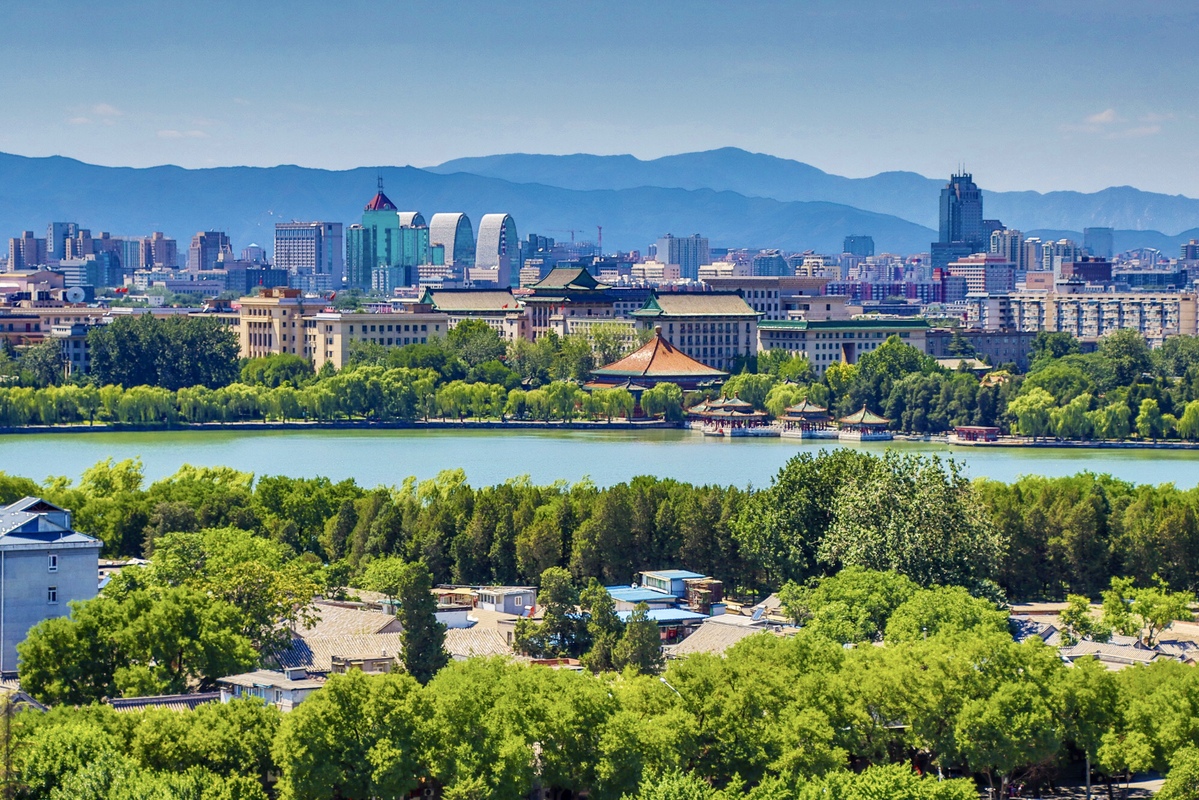
Post-1949, the country desired international friendship and recognition. Premier Zhou Enlai was a strong proponent of that, as could be seen with founding, for example, the "Chinese People's Association for Friendship with Foreign Countries". Hotels, guesthouses, hospitals and more would carry within their title, the name, "Friendship", proclaiming that China indeed was welcoming. Something I feel continues through to this day.
After 1979, when China's reform and opening up policies were implemented, international travel and contact would rapidly expand. My association with China started during that exciting period. I was fortunate, being selected in 1992, to return on a year's educational exchange program between my Scottish regional administration and Guangdong province. Interestingly, I was interviewed for that post in Glasgow's Dalian House, named after its twin Chinese city, Dalian. The 1980's and '90's increasingly saw city and regional twinning between Britain and China.
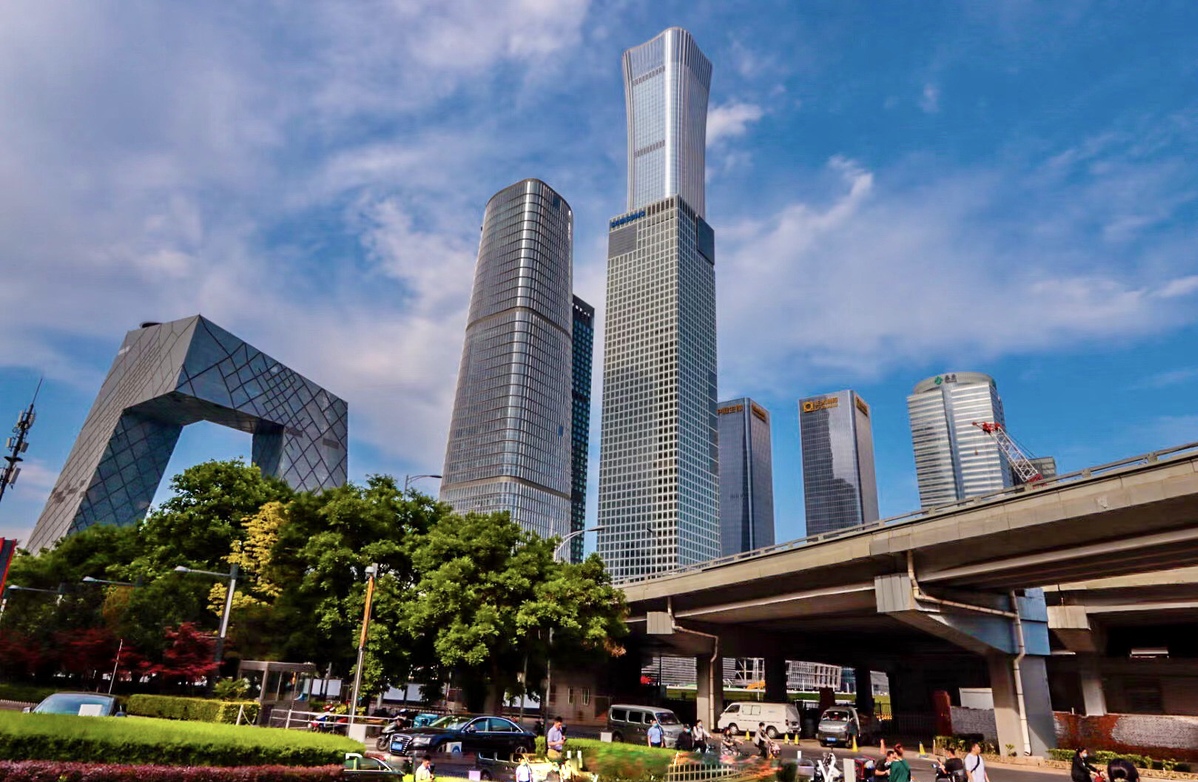
Based in Guangzhou, at an excellent normal school for training English teachers, it provided invaluable insights into China. To live alongside my colleagues and students I appreciated and felt their sincere friendship. Indeed, that encouraged me to learn more about the country, its history and culture while also extensively travelling nationwide.
Guangzhou then was still in the early years of transformation. However, my time there allowed me to understand something of Britain and other nations long, indeed complex, involvement with China. By early 19th century, they were desiring footholds in the country, particularly during that period of increased weakness within the Qing government. It is important to recognize what was happening then, for example, between Britain and China, to also appreciate this from a Chinese perspective.
Dating from 17th century, some British boats were reaching Macao, at that time under the Portuguese administration. Later, Guangzhou, or Canton as it was known in the West, was at the centre of early 19th century Opium Wars, a major factor in the story of Hong Kong. Later, I would visit Shanghai, where there had been significant Western influence, as witnessed by the grand pseudo-classical skyline along the Bund. More recently, I have spent considerable time in Tianjin, 30 minutes south of Beijing. A city where Britain had a lengthy impact between 1860 and 1942. Yet, back in my homeland, when I mention Tianjin, it is somewhat unknown.
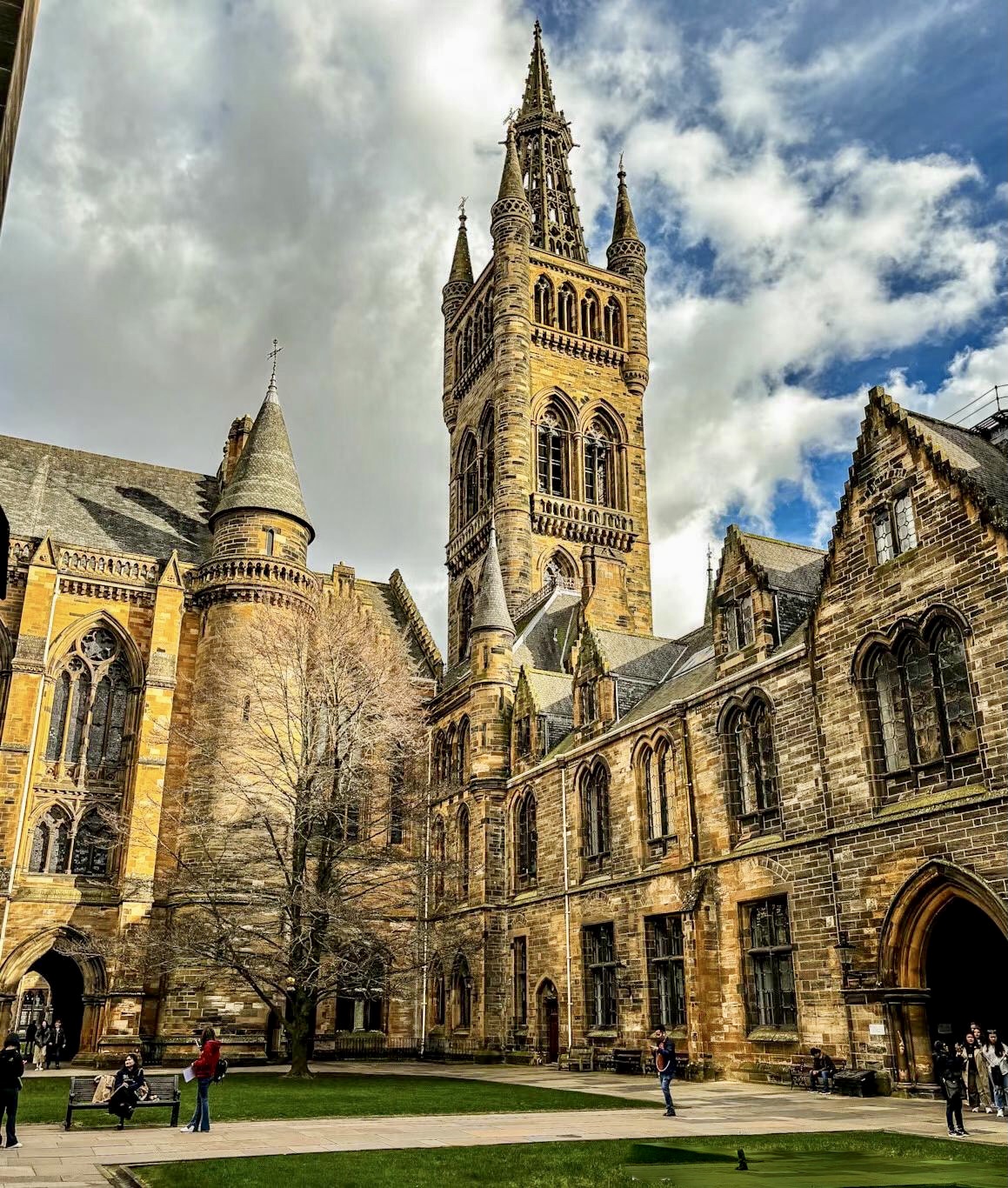
Sadly, after a period of positive contact growing between Britain and China during the earlier 2000's there has been a noticeable downturn in relationships, particularly in recent years. This partly developed during the temporary halt in travel during Covid, resulting in very limited person-to-person contact. Thankfully there are positive signs emerging of hopefully better relationships between the two nations, something to be welcomed.
Looking back, however, I felt there was at times, a tendency to regard the country in somewhat negative terms. For a while, I rarely heard or read any positive comments. This unfortunately fed into a limited knowledge of the country among people who have never or rarely visited China. Indeed very little was heard about the country's successful achievements and progress such as transformations toward a low carbon economy. This includes areas such as solar energy; wind electric generation, reducing air pollution and EVs replacing conventional vehicles. However, I feel it is essential, particularly in this era of climate change, we need to work together on such issues where China is now leading. This could provide great benefit to other countries in these fields.
It is so important to encourage international visitors, particularly from Western countries, back to China. Over several years, I led study tours from the UK, not only to cities such as Beijing but also taking in remote areas of both South and Northwest China. There were noticeably positive responses from the participants. I believed visiting China should be more than simply tourism. It provides a chance to meet people; to experience public parks when morning exercises and activities are underway; to explore local markets and indeed visit schools. Such moments help promote intercultural relationships and a greater mutual understanding, as I personally experienced over many years.
Travel can help remove misconceptions about people from other nations, particularly from China. I have heard comments such as the "Inscrutable face of the Chinese". This surely emerges from cultural misunderstandings. I have noticed that on first meeting, Chinese people can be very polite, initially showing few reactions or emotions while not engaging in lengthy conversations. Working with China, particularly in both business and diplomacy, requires considerable skills and patience
However, it is important to build trust, to show genuine interest while building confidence. I remember this from my early days working in Guangzhou. Once I showed I was passionate about being there and working with my colleagues, we formed close, indeed sincere friendship.
Another issue is the way that China is regarded as a single entity instead of recognizing diversity both of landscapes and of people. When I have shown some of my images featuring stunning physical beauty from across the country, it surprises people. Some maybe have only seen a few photographs, for example of modern Guangzhou, but never been exposed to the geographical vastness of China. Similarly, I have talked of what can be found in Beijing. Tiananmen Gate, leading into the Forbidden City is one of the city's iconic scene. However, it also boasts amazing Ming Dynasty architecture; fascinating hutong alleys; beautiful lakes along with stunning uplands such as the Fragrant Hills (Xiangshan) and much more.
When I have the opportunity, I try to explain the concept behind the country's name revealed by the characters 中 (zhong) 國 (guo) which together refer to "Middle Kingdom or Country". This reflects how China sees its geographical position along with believing in a 'middle way'
Language is another issue. My travels have confronted me with a wealth of incomprehensible dialects particularly in remote areas where standard Chinese (putonghua) is rarely heard, if at all. Travel also introduced me to distinctive ethnic nationalities across China, many retaining their traditional dress, customs and building styles.
People usually visit China's large cosmopolitan cities during their first time in the country. They observe particularly younger generations dressing internationally while frequenting Western fast-food restaurants and coffee shops. At first glance, it is possibly not appreciated that they mostly still retain deeply held traditions and cultural beliefs. This is a reminder that China's history is much longer than that of most Western nations. In 2019, I visited the small Shandong town of Qufu, birthplace of Confucius in 551 B.C. It was amazing seeing many people there, from across China, learning about and literally following in the footsteps of the Great Sage.
Where I find positivity are the large number of Chinese students attending UK universities. At the University of Glasgow, in my home city, I have often spoken with some. They expressed appreciation of their time and experiences at the university and indeed living in Scotland. I felt they were exemplary models of China's youth for they both study hard and as I have observed, are very well behaved. They are indirectly helping with an understanding of their homeland.
Looking at the world today, it is important for global peace, that people work closer on issues of mutual interest. By meeting each other, promoting positive dialogue along with strengthening trade and investment, we are able to build trust. This can facilitate a move away from negativity, along with misunderstanding the motives behind, for example, China's growing role on the world stage.
Bruce Connolly is a photographer and writer from Scotland who has lived in China for over 30 years. The views don't necessarily represent those of China Daily.
If you have a specific expertise, or would like to share your thought about our stories, then send us your writings at [email protected], and [email protected].

















